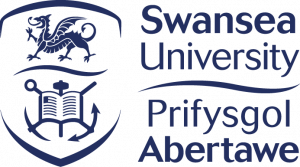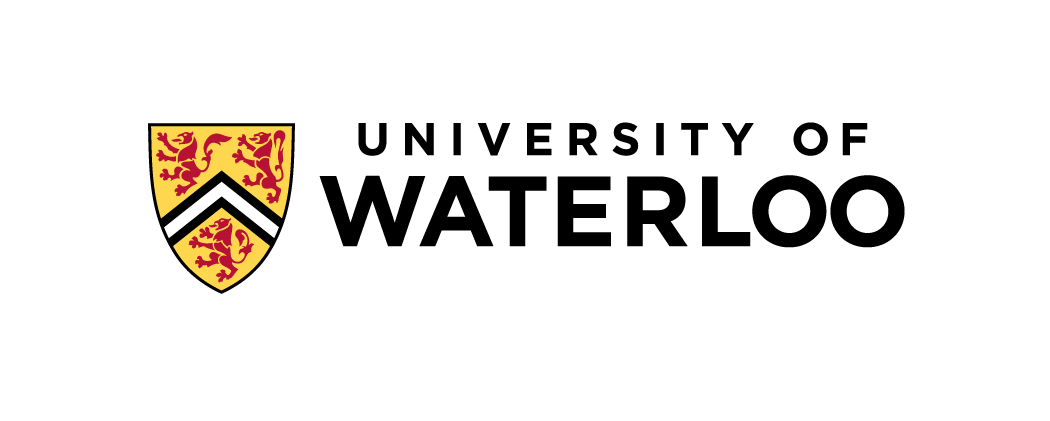As the industry transforming lives also faces ever-evolving complexities, a Masters in Health Administration (MHA) equips professionals leading organizations innovatively through strategic expertise cultivating brighter futures.
The Demand for Healthcare Leaders
As healthcare reforms and specialization accelerate:
- Administrative responsibilities require advanced analytical, financial and policy knowledge.
- Leaders champion integrated, equitable and cost-effective care delivery models systemically.
- Professionals navigate regulations managing risk through prudent, community-focused solutions.
- Technological advancements drive changes mandating visionary guidance supporting staff adoption.
An MHA degree empowers navigating pressing challenges through principles guiding whole-person wellness.
Benefits of an MHA Career
Graduates employ skills across diverse roles:
- Hospital, medical group or clinic administration overseeing quality, budgeting and expansion plans.
- Insurance or pharmaceutical management improving patient access and satisfaction priorities industry-wide.
- Public health program direction implementing prevention strategies addressing social determinants of health cost-effectively across underserved populations.
- Consulting expertise recommending data-driven process improvements enhancing operations productivity through superior stakeholder experiences.
Impactful vocations transform lives through responsive, fiscally responsible visions.
Master’s in Healthcare Administration Program Overview
Accredited programs emphasize:
- Healthcare systems, policy, ethics and economics foundations optimizing resource allocation.
- Quantitative methods assessing outcomes, benchmarking performance metrics against industry peers.
- Strategic decision-making , change management, grant-writing and communications proficiencies.
- Practicum immersing students in leadership scenarios through simulations and internships.
Practical application realizes theories securing upper management positions.
MHA Admissions Requirements
Competitive applicants typically exhibit:
- Bachelor’s degrees in healthcare fields, business, public policy or social sciences.
- Minimum 3.0 GPAs maintaining rigor through undergraduate studies.
- Recommendation letters corroborating leadership shown with integrity.
- Compelling personal statements selling credentials complementing the field.
- Standardized test scores like the GRE validating readiness to succeed academically.
Well-rounded credentials inspire selection demonstrating worthiness.
Program Costs and Financing Options
Typical two-year MHA degrees range $40,000-$120,000+ factoring in:
- Tuition, fees and estimated living expenses for full-time enrollment semesters.
- In-state resident discounts or program-specific merit-based scholarship opportunities.
- Federal student aid eligibility like loans, grants or tax credits leveraged.
- Employer tuition reimbursement activating upon post-graduation commitments.
Strategic layering offsets costs through supported pathways into impactful careers.
MHA Career Prospects and Outcomes
Graduates access roles spanning:
- Hospitals: Department directorships, CFO or COO positions at health systems nationwide.
- Insurance: Managed care organizations, policy analysts increasing healthcare accessibility.
- Consulting: Advisory services aiding optimized operations at competitive compensation levels.
- Government: Public agencies implementing community programming on prevention initiatives.
- Education: Healthcare administration faculty developing future leaders’ capacities similarly.
Investments merit life-changing trajectories guiding vital organizations assisting humanity.
Conclusion
As industries evolve through complexity, the Masters in Health Administration produces visionary stewards maintaining healthcare’s foundations of dignity and service through every population supported, staff member empowered or family’s futures changed. With diligence identifying optimal programs amid myriad opportunities, dedicated applicants access unparalleled applied preparation guiding purposeful solutions through consequential careers developed.





